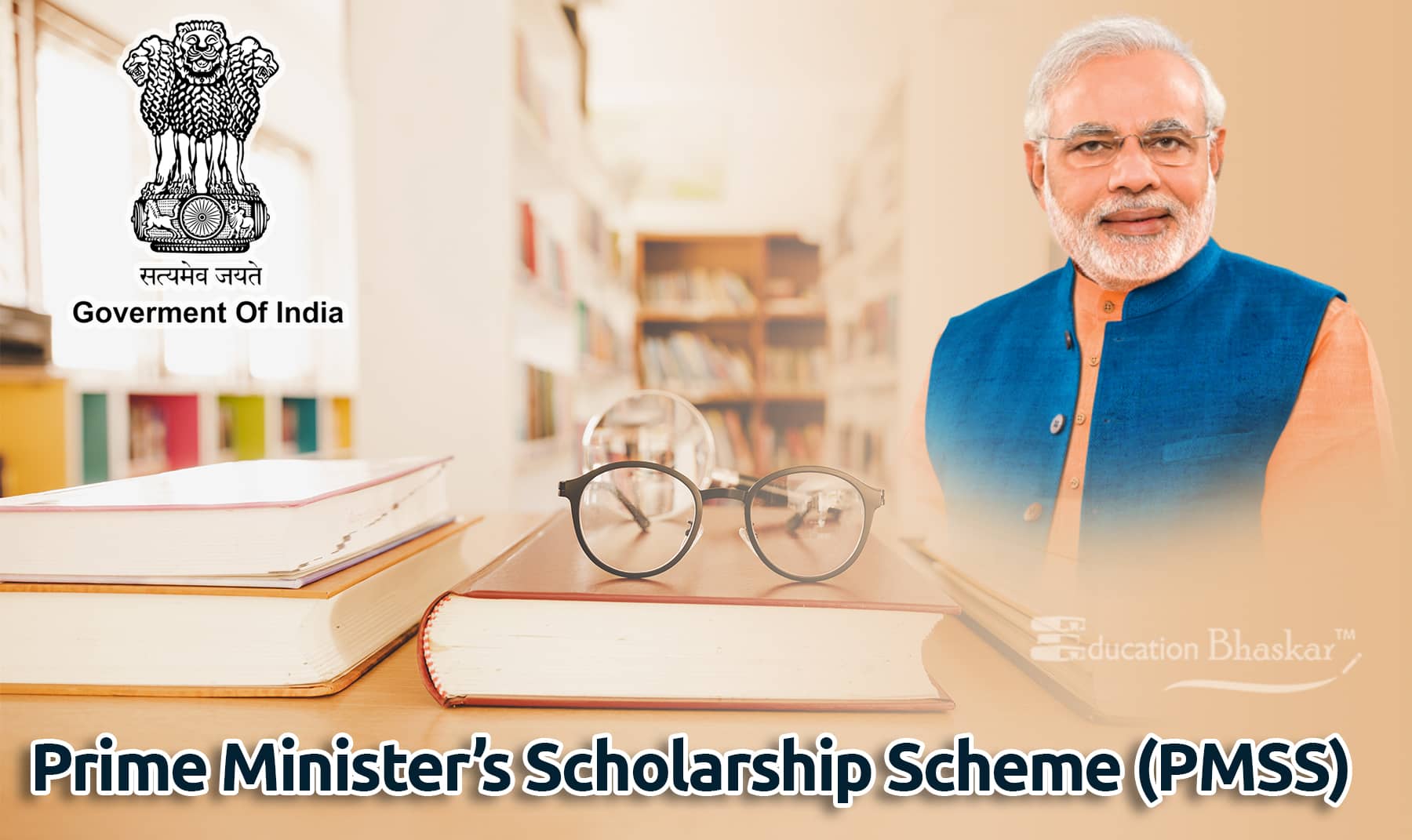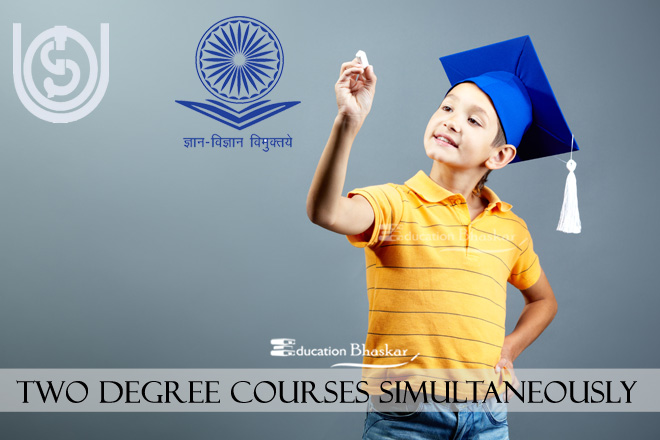Scrutiny has followed the Indian education system for long over vexing issues like outdated curriculum, rote learning and lack of adequate infrastructure. While the skewed student-teacher ratio remains a pressing concern, the fact that the average Indian classroom does not meet the individual learning needs of students is another harsh reality.
Although a budding concept as compared to the traditional ‘brick and mortar’ system of formal education in India, online education has been taking positive strides in India ever since Shantanu Prakash’s online education venture, Educomp started its operations in 1994. The company came into limelight through the introduction of ‘Smart class’, a digital initiative for schools. Since then, there has been a lot of activity in the Education industry with an impetus to grow and invest in the market.
With an inception back in the 1990s, Shantanu Prakash’s Educomp Solutions introduced several changes and innovations in the education industry by introducing the concept of edtech and smartclasses in the market. Since then, the number of Edtech startups have been growing every year, disrupting the education sector in some form. The growth of these startups and the investments they attract, prove their ability to make a significant difference to the future of our world.
There are hundreds of new Edtech startups throughout India as well as across the globe. Some of these online education initiatives, like Talentedge and AEON Learning, are even partnering with major universities across the globe, in turn providing students an unlimited access to education over almost any device connected to the Internet.
The biggest factor these edtech startups owe their success is innovation. A few startups are even utilizing the use of gaming elements, and data-driven insights, to help boost the learning process for students and sharpen their basics in multiple subjects. These elements personalize the classroom experience for thousands of students, thus enabling them to grasp more without making it a chore.
Riding on the gamification wave brought BYJU’s, one of India’s leading edtech startups, immense popularity and success. The venture is backed by powerful investors like the Chan-Zuckerberg Initiative, Tencent and Sequoia Capital, and employs a healthy mix of gamification techniques and conceptual learning to keep students engaged on its app. So, when the app asks during a practice test round, “Hey, did you answer that question a little too quickly?” it aims to get students to think more about how they approach learning.
Other situations presented to the student include undertaking an adventurous path to find the right answers to questions, or giving students ‘lifelines’ during tests. According to Ranjit Radhakrishan, chief product officer at BYJU’S, exams tend to make children very anxious. However, presenting the same challenge in the form of a game changes everything. The positive reinforcement results in higher user engagement.
Another edtech startup that is gamifying education is Cuemath, an interactive learning platform for math. The emphasis laid upon a strong math foundation by schools and pre-university levels of education is known to all. The fear that is enticed by the mention of math among school-goers is also well-known. Amid all this, Cuemath Founder and CEO Manan Khurma realized that a lack of understanding in these areas in a child’s formative years is what leads to a lifelong ‘math anxiety’.
“Learning math can be difficult for most kids, mainly because of the traditional ways of teaching the subject, which encourage kids to rote-learn formulae. Our endeavor is to enhance the quality and method of math learning and teaching so the subject is seen as a skill, not a liability.” Cuemath’s multi-format approach to math involves puzzle cards, workbooks, tabs and math boxes.
Gamification turned out to be a huge advantage for Khurma and his team of developers. The startup launched the first ever ‘Mathematical Universe’, where they developed a set of characters who embark on math-based adventures. This comic book-style medium enables the student to tangibly interact with the infinite possibilities of the mathematical universe.
The comic books Thomas Tallman and Friends for kindergartners to second graders, Zero Squad for third to fifth graders, and Kalina and the Shards of Singularity for sixth to eighth graders were developed by an in-house team of artists and product designers.
Whether Ed-tech could replace the traditional teaching methods is still a debatable topic. However, the Ed-tech startups are surely proving their mettle by engaging more and more students in an interactive learning environment.








